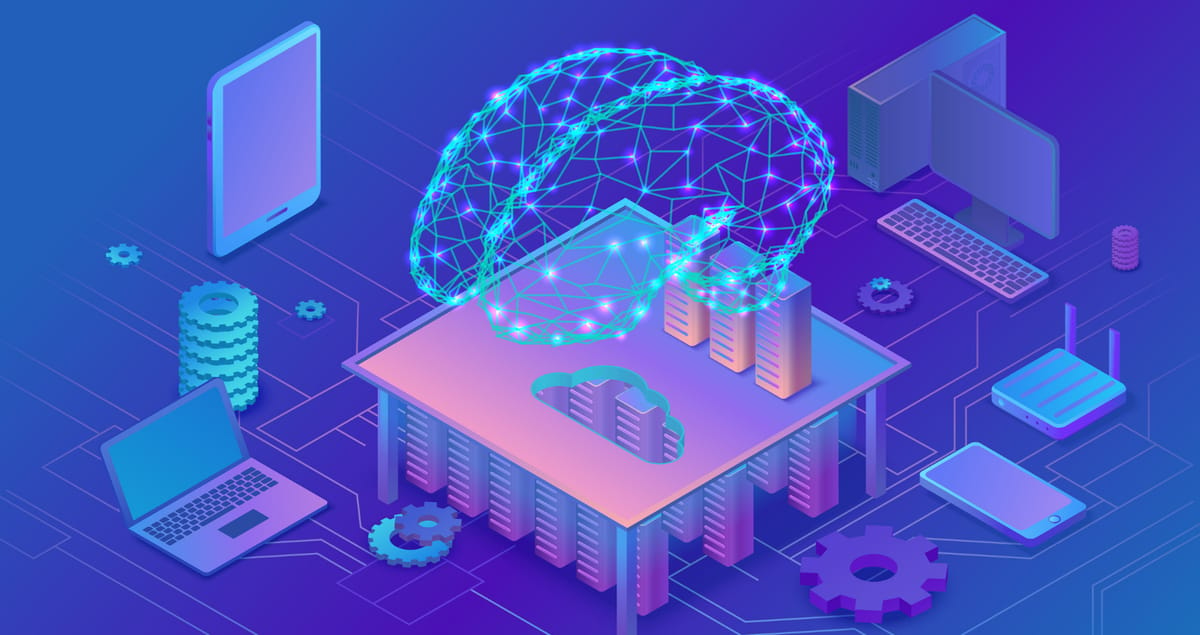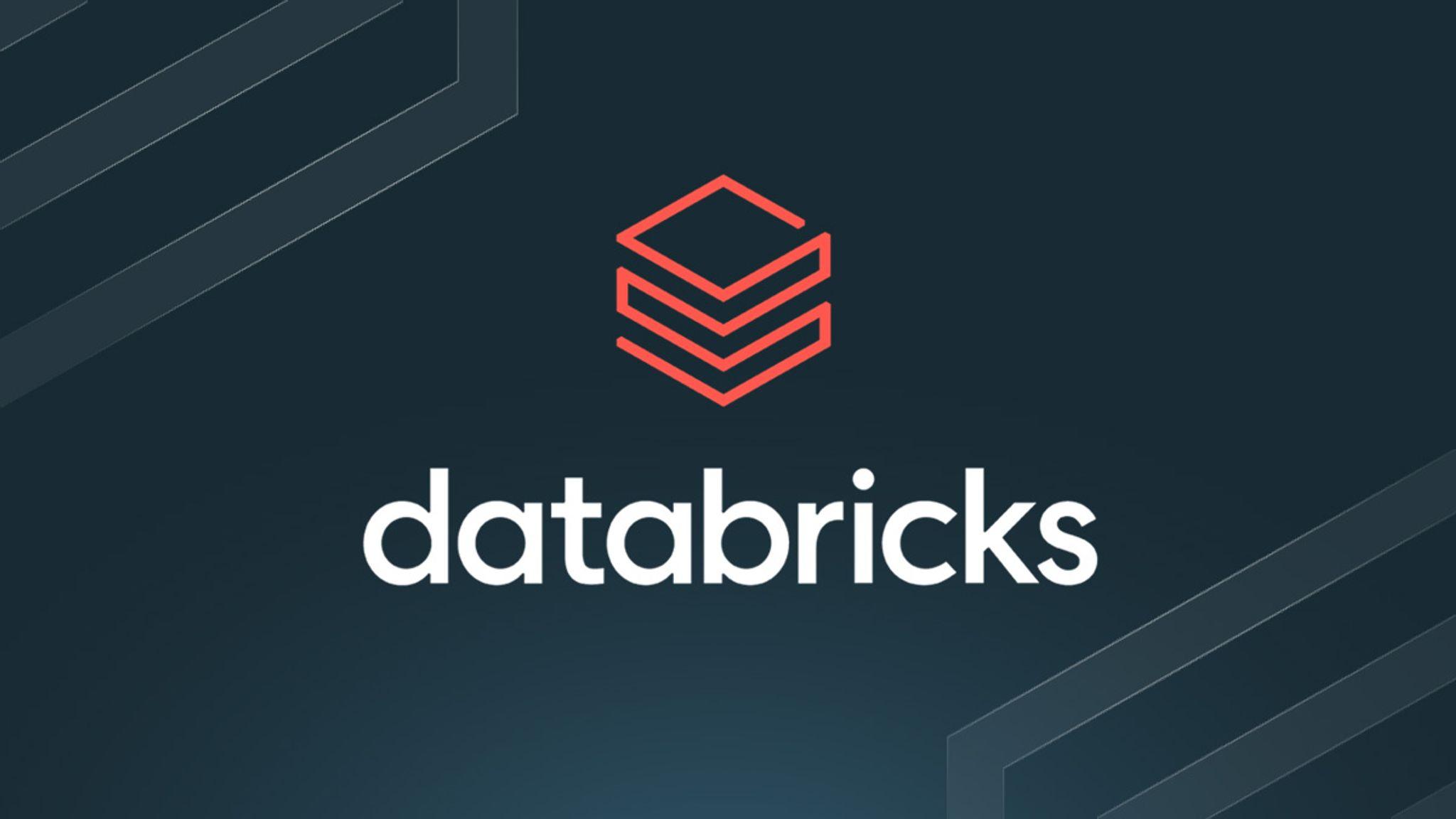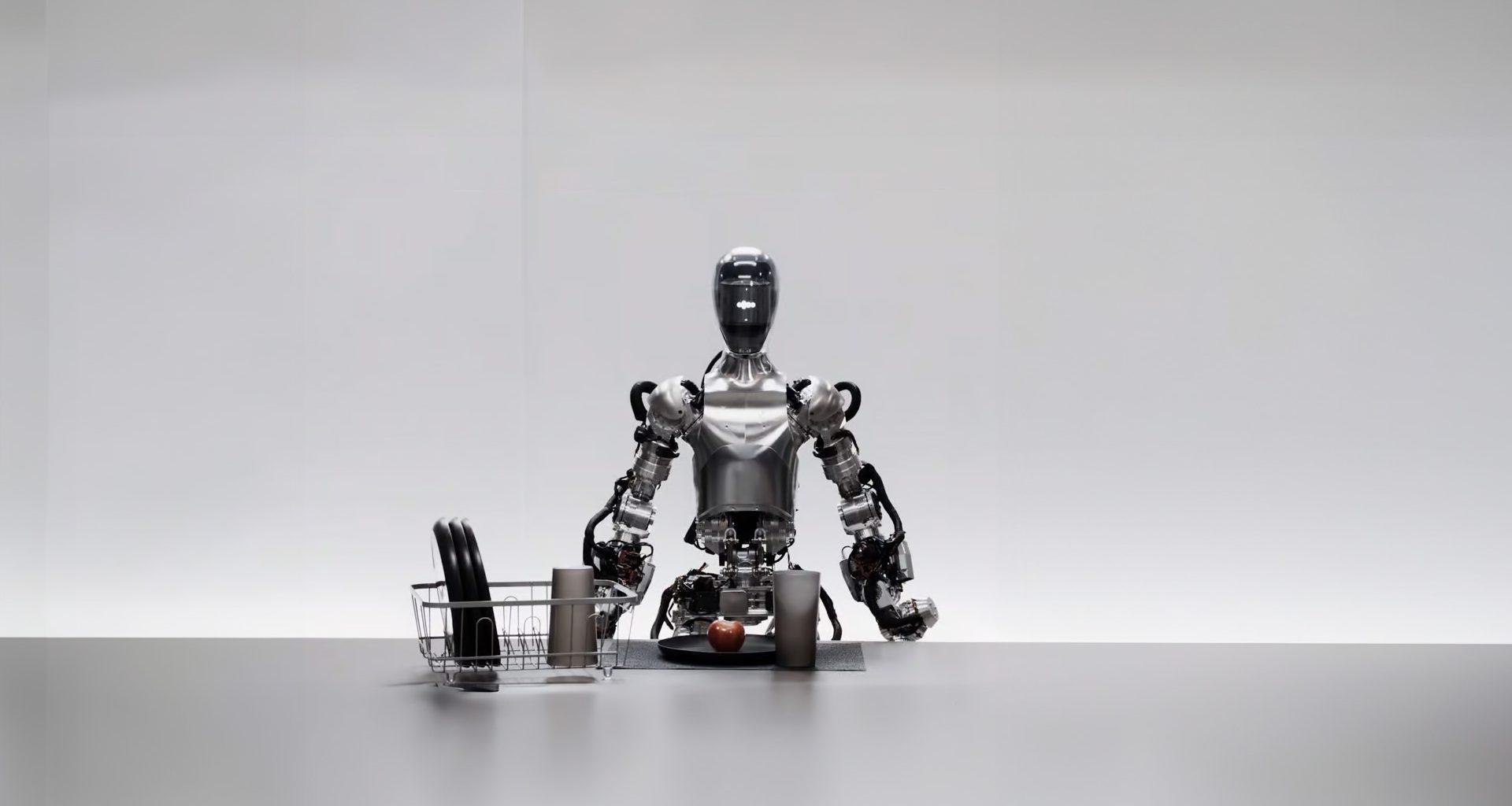
The Transformative Impact of AI Across Industries and Society
The Transformative Impact of AI Across Industries and Society
Artificial intelligence has evolved from a distant technological dream into a ubiquitous force reshaping every aspect of our daily lives and business operations. What began in 1952 with a modest checkers program has transformed into sophisticated generative AI models that produce human-like text and conduct data analysis at unprecedented speeds and scales. Today's AI applications are as common as smartphones, fundamentally altering how we work, communicate, and solve complex problems across industries.
The Business Revolution Through AI Integration
The corporate landscape has witnessed explosive growth in AI deployment, with 42 percent of enterprise-scale companies integrating AI into their operations by 2024, and an astounding 92 percent planning to increase their AI investments in the coming years. This transformation extends far beyond simple automation—it represents a complete reimagining of business processes and decision-making frameworks.
Business automation powered by AI has revolutionized organizational efficiency through intelligent chatbots and digital assistants that handle customer inquiries and internal requests with remarkable precision. These systems liberate human capital for more complex, strategic tasks while accelerating decision-making through AI's unparalleled ability to analyze vast datasets and deliver actionable insights instantly. Executives who once spent hours analyzing spreadsheets now receive data-driven revelations in real-time, enabling faster and more informed strategic decisions.
Industry-Specific Transformations
Manufacturing Excellence
In manufacturing, AI has built upon decades of industrial automation, with robots working alongside humans since the 1960s and 1970s. Modern AI-enabled robotics combined with predictive sensors ensure equipment operates smoothly, creating safer and more efficient production lines. Predictive maintenance capabilities prevent costly downtime while optimizing resource allocation and quality control processes.
Healthcare Innovation
The healthcare sector has embraced AI to accelerate drug discovery, enhance diagnostic accuracy, and provide virtual nursing assistance. AI-powered systems can identify diseases more swiftly than traditional methods, increasing diagnostic precision while improving patient interaction with medical providers. From analyzing medical imaging to monitoring patient vitals, AI is revolutionizing every aspect of healthcare delivery.
Financial Services Evolution
Financial institutions leverage AI's analytical prowess for fraud detection, risk assessment, and investment optimization. AI systems can process enormous datasets to identify fraudulent activities in real-time while supporting traders in making well-informed investment decisions. The technology's ability to recognize patterns and anomalies has become indispensable for maintaining security and maximizing returns in increasingly complex financial markets.
Educational Transformation
AI in education personalizes learning experiences through digitized textbooks, natural language processing, and facial recognition technology to assess student engagement. Educators can identify struggling students early and implement targeted teaching interventions, leading to improved learning outcomes and more effective educational strategies.
The Acceleration of Scientific Discovery
Perhaps most remarkably, AI promises to compress decades of scientific advancement into much shorter timeframes. Industry leaders propose that AI could accelerate biological sciences research by up to tenfold through enhanced cognitive processing capabilities. Consider the transformative journey from CRISPR's discovery in the 1980s to its gene editing applications—a 25-year process that AI could potentially condense into just a few years.
This acceleration addresses the traditional limitation of research: the scarcity of brilliant human minds available for developing and testing hypotheses. Revolutionary discoveries that once occurred annually could become routine breakthroughs, fundamentally reshaping industries dependent on innovation, including healthcare, energy, and technology sectors.
Addressing Challenges and Ethical Considerations
As AI weaves deeper into society's fabric, significant challenges emerge alongside its benefits. Job displacement concerns are paramount, as automation increasingly targets repetitive tasks, though new roles in AI development and cybersecurity continue to emerge. This shift demands unprecedented upskilling efforts from both individuals and organizations to adapt to rapidly changing job market dynamics.
Data privacy concerns have become increasingly urgent as AI systems require massive amounts of personal information to function effectively. Regulatory bodies have launched investigations into AI data practices, emphasizing the need for transparent and ethical data utilization. The introduction of AI Bills of Rights and similar regulatory frameworks signals a growing demand for accountability and ethical integrity in AI development.
The specter of regulation looms large as ethical issues surrounding AI generate lawsuits over intellectual property and privacy breaches. These legal challenges create a complex landscape where innovation must be balanced with strict compliance requirements, forcing companies to navigate carefully between technological advancement and regulatory adherence.
Investment Opportunities and Future Implications
For investors, understanding AI's disruptive potential across industries represents both an opportunity and a strategic imperative. Companies leading AI innovation offer promising investment prospects as they redefine traditional business models, improve operational efficiency, and pioneer new market dynamics. Investing in AI-driven enterprises means positioning oneself at the forefront of technological evolution that could generate substantial returns while contributing to societal advancement.
The environmental implications of AI systems also demand attention, as their energy requirements raise sustainability concerns. Balancing AI's transformative benefits with environmental responsibility will require innovative approaches to energy efficiency and sustainable computing practices.
As we stand on the brink of this transformative era, the integration of AI into every aspect of business and society appears inevitable. Success in this new landscape will depend on our ability to harness AI's power while addressing its challenges through ethical frameworks, regulatory compliance, and sustainable practices that benefit both businesses and society as a whole.







